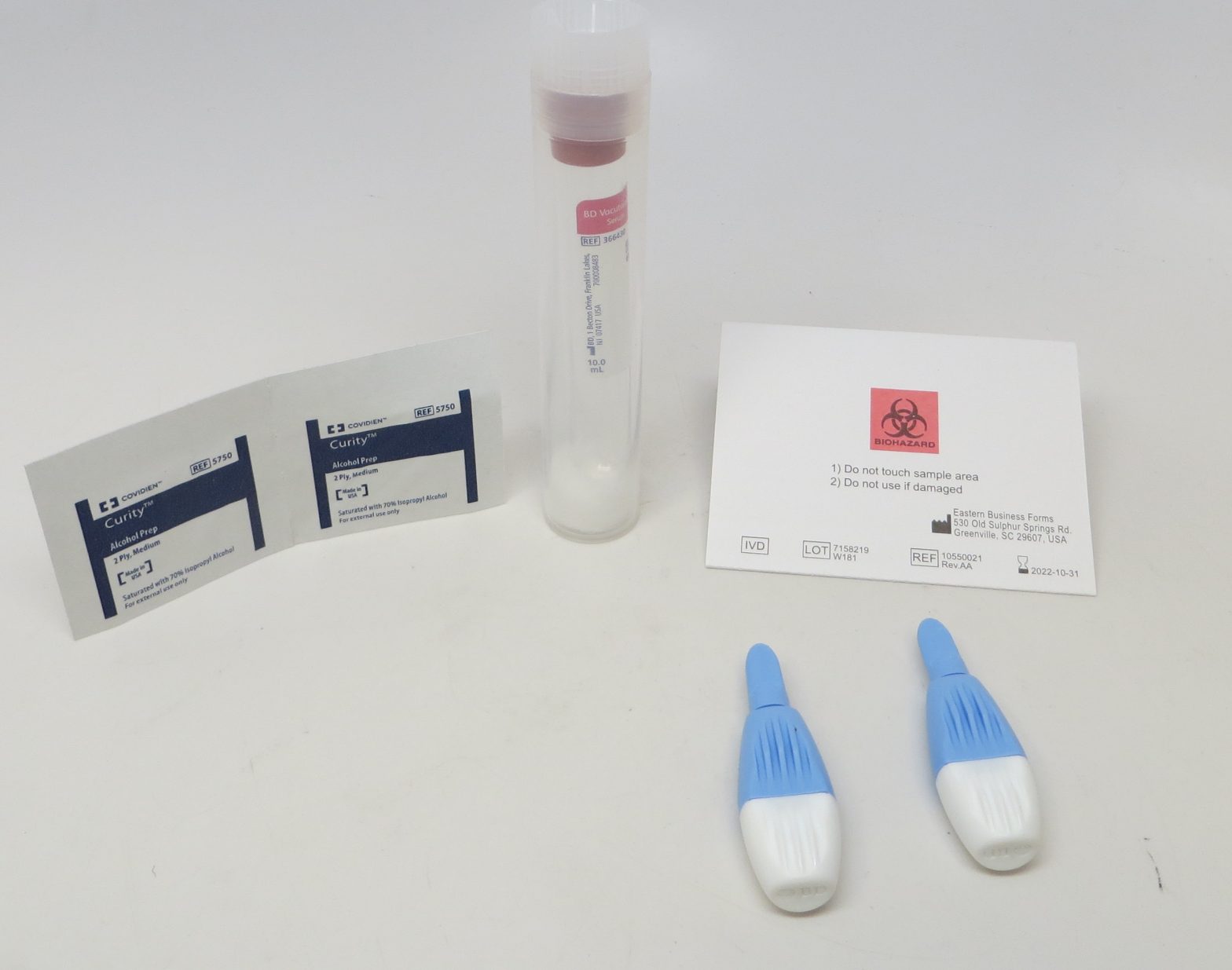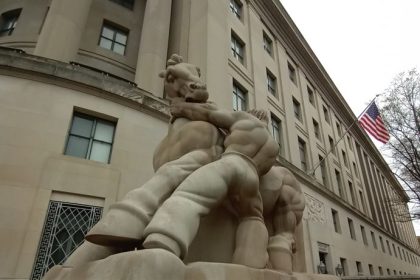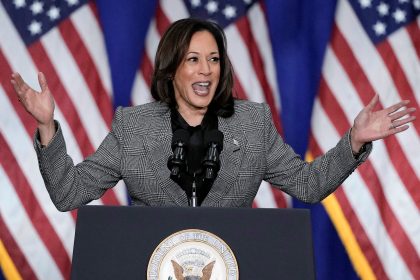Senators Pressure FTC to Take Action to Combat COVID Scams and Price Gouging

WASHINGTON — Members of the Senate Subcommittee on Consumer Protection, Product Safety and Data Security met on Tuesday to discuss the rise in COVID-19 claims to federal agencies that involve price gouging, sales of fake products, email phishing schemes and government imposter schemes that are infiltrating marketplaces.
“There is a glaring lack of enforcement at the federal level. [There are] few legal tools to hold price gougers accountable. … I am deeply frustrated and disappointed that federal enforcers have failed to do more,” said Richard Blumenthal, D-Conn., chair of the subcommittee.
The swindlers and con artists marketing counterfeit products are cashing in on the fears of millions of American consumers looking to protect their health during the pandemic.
Consumers in 2021 reported losing about $770 million to fraud initiated on social media — about one fourth of all reported fraud losses for the year and an 18-fold increase from 2017 — according to the Federal Trade Commission’s latest Consumer Protection Data Spotlight.
Despite these findings, the FTC has only brought three penalty cases to trial under the COVID-related Consumer Protection Act of the 2021 Consolidated Appropriations Act which was passed to grant the FTC more authority to take action against scammers.
“The FTC continues to issue warning letters that are nothing more than a notice, and not even a slap on the wrist, they don’t rise to that level. This fraud, this undermining our pandemic response, is happening because there are merely no consequences. The burden is falling on consumers… deceptive marketing schemes are crimes,” said Blumenthal.
The FTC and Better Business Bureau issued warnings at the beginning of this month regarding fraudulent test sales.
Two weeks ago, Blumenthal and Sen. Ed Markey, D-Mass., sent a letter to the FTC to further investigate reports of COVID-19 test kit price gouging.
“According to reports from multiple state attorneys general and the media, consumers have recently experienced price gouging when attempting to purchase at-home test kits, including being charged double or triple the regular retail price of the product,” the senators wrote in the letter.
The FTC has sent letters directing more than 425 companies to remove deceptive claims, and take them down from online sites but still only brought three of those cases to trial under the COVID-related Consumer Protection Act.
“The overwhelming majority of recipients of those cease-and-desist demands take down their claims, and often take them down within 48 hours. We monitor these closely. If we see them bringing new claims, we will not hesitate to take them to court. We need to bring more cases, and we will be bringing more cases,” said Samuel Levine, director of the Bureau of Consumer Protection at the Federal Trade Commission, during the hearing.
Adding to consumer distress, the Centers for Disease Control and Prevention recently updated masking guidance to acknowledge that higher quality masks provide better protection from COVID-19.
“Now, more Americans are looking for increased protection that comes from N-95, KF94s, and KN95 masks. Unfortunately, online marketplaces are rife with counterfeit and fraudulent masks, and those platforms continue to allow masks to be sold, despite concerns that the information about these products is misleading and unverified,” said Markey, during the hearing.
Markey said that data from the FTC shows that 60% of the masks coming in from China are fraudulent.
Many of these masks are making their way into hospitals, where health care workers are frequently exposed to patients with COVID-19, without knowing the protection they wear is all but useless.
Last year the Department of Justice established a COVID-19 Fraud Enforcement Task Force to monitor for fraudulent imports.
Markey, Blumenthal, and Sen. Elizabeth Warren, D-Mass., joined together on the day of the hearing to write a letter to the Department of Justice, urging them to take all steps necessary to protect consumers from the threat of fraudulent masks in the online marketplace.
When it comes to fraudulent testing sites, the Seattle Times recently reported that an Illinois-based company with more than 300 pop-up COVID-19 testing sites took advantage of consumers at the time of skyrocketing infection rates.
Alexa can be reached at [email protected]






















